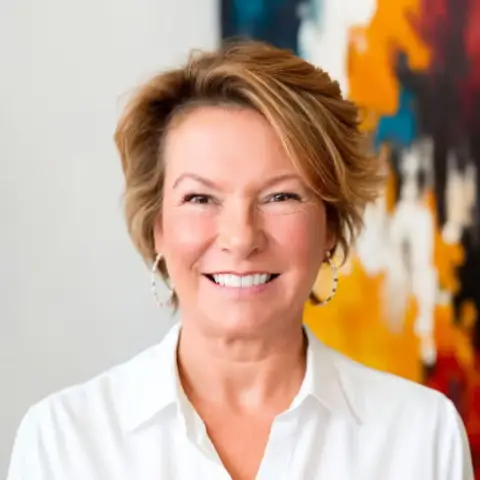The path to becoming a divorce coach does not typically start with childhood dreams. It’s not an occupation option you take to the career’s advisor at school. People who want to become divorce coaches usually develop their skills through lived and very personal experiences. They become transformed from the inside out, like that of a chrysalis to butterfly. That’s where the power lies.
Your experience of unravelling a marriage, albeit the initial decision, separation and divorce provides you with deep empathy and knowledge that cannot be acquired through reading books, watching YouTube or listening to podcasts. Your lived through experience is your foundation, your starting point and springboard to something very profound.
As people are individual, so too is our approach. Unique, just like your thumbprint. It’s carved out by your attributes, personality, skills and your own navigation of the divorce journey. What you offer your future clients is a space, a listening ear, and being a witness who ‘gets it’ with shared knowing and appreciation. The process of becoming a divorce coach enables you to transform your own divorce experience, be it amicable or painful into a professional purpose.
There are several training and accreditation routes available. For example, Sara Davison offers well-known divorce coach accredited training programmes, and there are others too. These programmes offer both ongoing support, professional development, practical tools and established professional standards. It’s worth noting that divorce coaching isn’t regulated, just like all other coaching aspects. Yet with Sara Davison’s accredited programmes you have membership to the International Divorce Coach Centre of Excellence. It’s time to choose your path and your coaching practice can grow with you.
Let’s put things into perspective. The core value of divorce coaching is beyond any accreditation. A divorce coach walks beside someone who is trying to make sense of a life they no longer recognise. It’s about helping them find their inner strength, resilience, rekindle their authenticity and identity.
Interestingly, there is an expression of “Physician, heal thyself”. It means that those who offer support and advice to others must be able to tend to and understand their own wounds first. That’s the unexpected part of this personal development journey. Being a divorce coach often accelerates your own healing. You begin to see the meaning in what you lived through and it shines a guiding light on your own patterns in your life. You learn to hold your own boundaries, and you discover that your story wasn’t an ending, it was a beginning.
There is a growing number of people who are stepping into the realms of creating a new career path for themselves. They refuse to be defined by divorce. Instead, they embrace it. Recognising that this one small chapter in the book of life as a time to “rebuild and reset me”.
Your story is not just something that happened to you. It’s something you can use, with integrity, grace and purpose. That’s how pain becomes power. For you, your clients and for others that follow in your wake in finding their own way.


